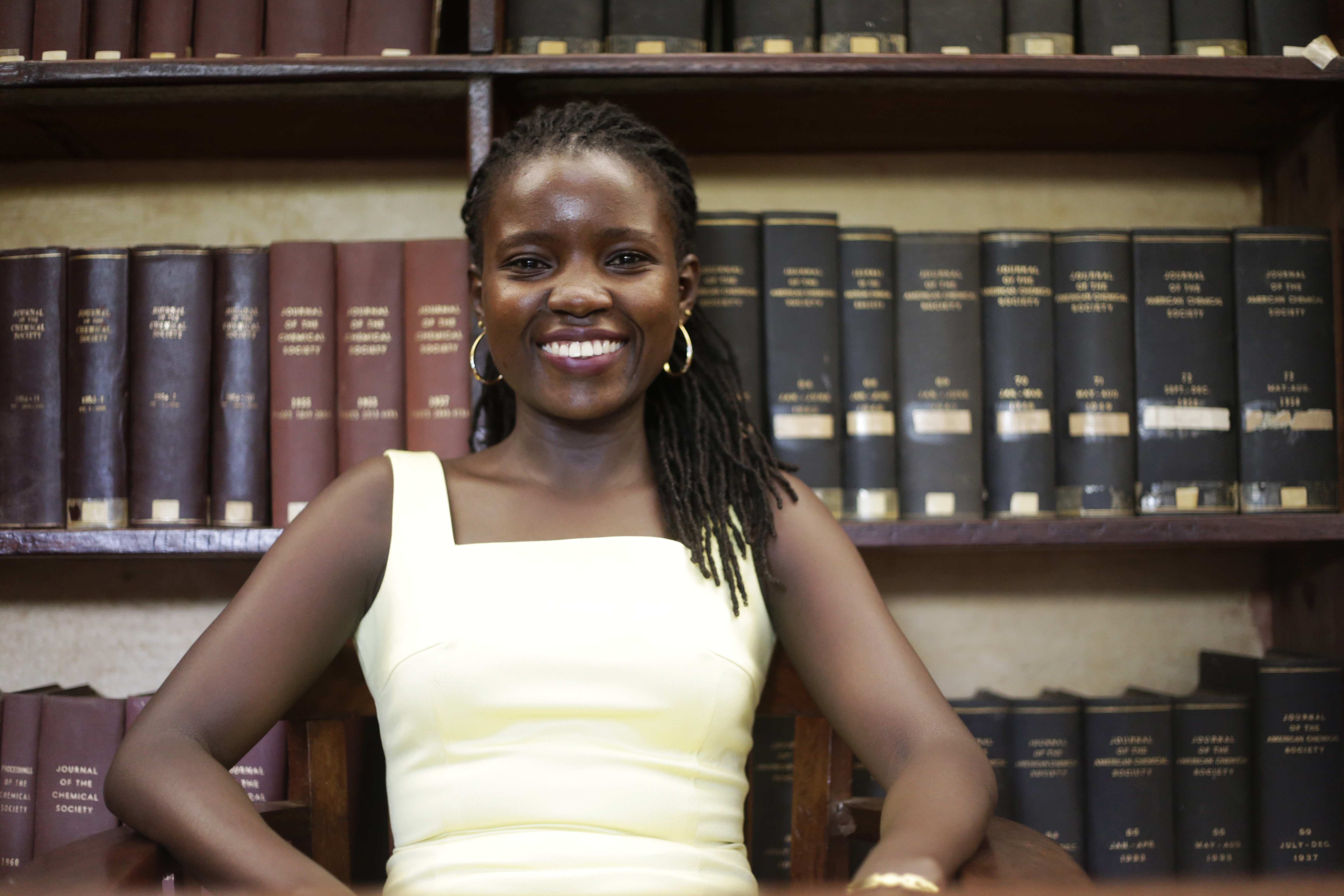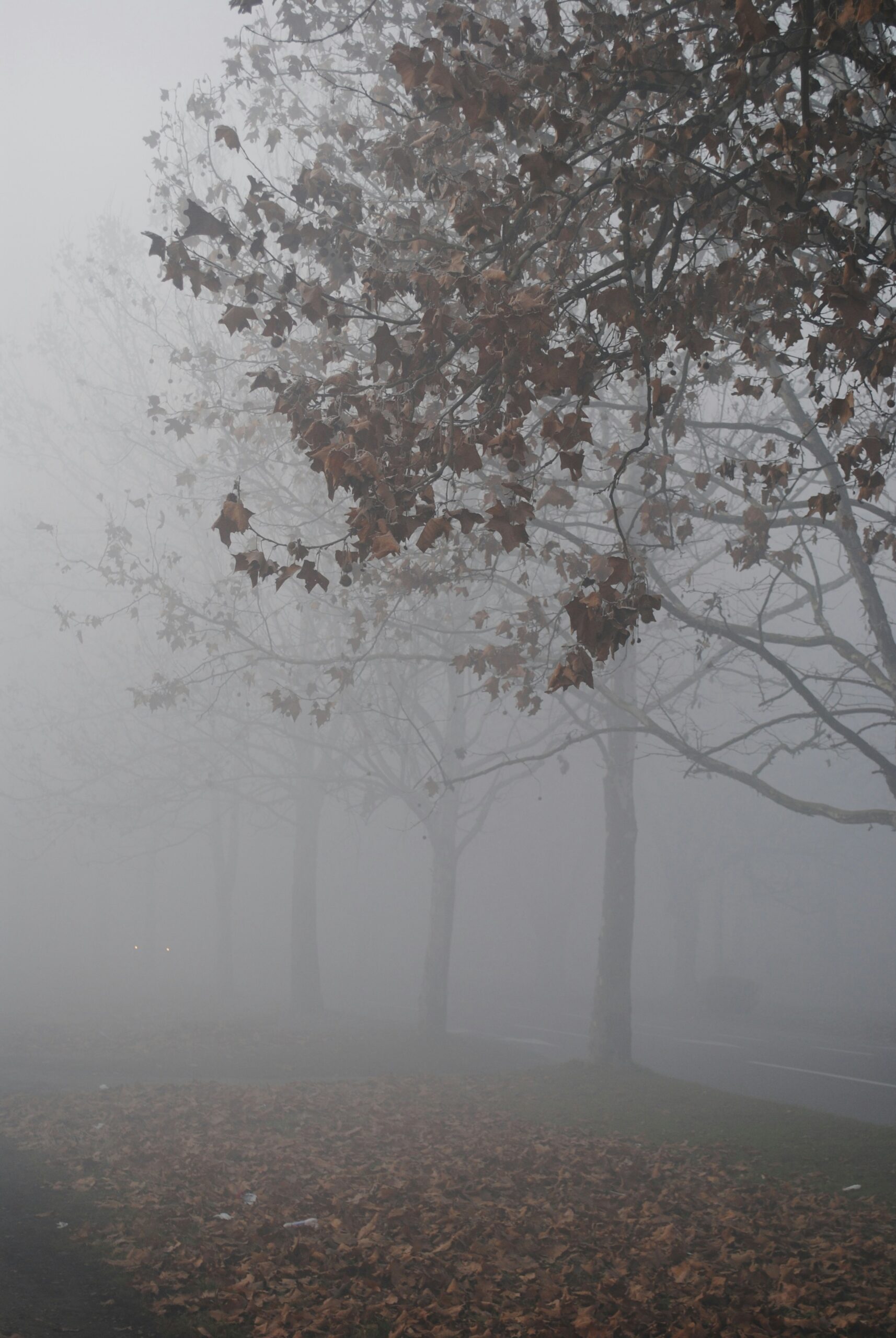
Konya Shamsrumi: What is the process of writing a poem like for you? Is it a lot of hard work or easy?
Lillian Akampurira Aujo : The feel of the poem tends to come to me before the poem itself does. And by this I mean its tone, texture or even structure. Sometimes the poem is so familiar to me that it feels like déjà vu, that is, I know it, but at the same time I don’t have words that will shape it, yet. So writing poems for me is a continuous navigation of the known and unknown. Known in the sense that I may have an idea as to subject matter, and what then remains for me (in my role as poet), is to discover the (unknown) poetics I will employ to achieve that feel, or texture if you will. At that point there is a lot going on in my head, and oftentimes my heart is beating wildly because the poem is about to be seen and judged by my outer eye. I go with my gut first, as florid or flimsy as it may be in the moment. Then I take a closer look at what has come out of the process so far. I am one of those people who tend to overwrite, so these days I tell myself to cut out as much as possible. Once in a while I will be told that my poem ended in the second last stanza, and the last one serves as the extra shade that would spoil a painting. I fight with myself on flourishes in my poetry; I drum into myself that ‘less is most likely more’, ad infinutum. And I try not to forget the ear in what diction I exercise.
This seems to be a good time to say I like words. I will obsess over the sight, sound, and shape of a word so much that it will breed a sort of poem I will be unaware I wanted to write, until I have written it. In retrospect though, most of these poems teem with covert articulations of things that have bothered me and for whatever reason I have not admitted that they have been bothering me. I know, a bit oxymoronic but right now I cannot think of a more lucid way to say this.
Then there is the poem that writes itself, bit by bit, incessantly in my head, until I have no choice but to let it out. I expect no miracles from this sort, they tend to come out average, but with a familiar ease. So I shelve them and tinker with them every now and then.
Konya Shamsrumi: Please describe your sense of identity in this or any possible world in imagery or metaphor?
Lillian Akampurira Aujo: Human? Life form? Grain of sand? It depends on who is looking and what their vantage point is. There is so much to wonder about this world (universe?) that I cannot be sure where I stand in the bigger scheme of things. Who is to say that the world as we know it is not an invented fiction, for example? And we are all being moved about like pieces on a chessboard for the amusement of some grandiose being that may or may not be God?
Konya Shamsrumi: If any of your poems could literarily save a person’s life, which poem would it be and can you describe the person whose life you think it would have saved?
It occurs to me now that while writing poetry I have not been thinking about saving people; maybe closer to truth is that I have been persuading them to see some aspect of the human condition through my eyes. I don’t know if only/any one poem by me would be enough to save someone. Or maybe I am yet to write that poem and I will know when I see it?

Konya Shamsrumi: What does Africa mean to you, as potential or reality?
Lillian Akampurira Aujo: Africa is firstly a colonial construct, whether now or in future. Therefore we should be concerned with how to move beyond the post-colonial narrative, which I do not think we have yet. Consider the state of governance in most African states, and how it is our own people doing us in, to the continent’s detriment. Africa is also her Diasporas; it is beautiful and frightening in its complexity. It is what I see and I do not see. It is her constant (needed) reclamation and decolonisation in all spheres of the human condition. Africa needs good governance and technological advancement in order to thrive.
Konya Shamsrumi: Could you share with us one poem you’ve been most impressed or fascinated by? Tell us why and share favorite lines from it.
Lillian Akampurira Aujo: This is unfair because there are so many good poems out there. One of them is Local by Koleka Putuma. As a whole, the poem is about straddling contemporary Africa in all its complexities of histories and claimed/reclaimed language as a sense of individual identity. I am this persona every day, struggling with balancing two different socialisations and how they relate to me. I know what it’s like to feel like I belong to a certain people and yet I cannot speak their language fluently. By extension, I know how bits of Victorian culture seeped into African culture and how we have been erroneously taught that that is African culture. I know how it manifests everyday in the shape of a patriarchal mushroom that looms over me daily. That feeling of suppression is best described in the following lines:
There is no space to pack/or unpack my histories or my selves
I am trying to move/without attracting too much attention/to what I don’t have/or what I have lost
or what has been stolen from me
Lillian Akampurira Aujo is a poet and fiction writer from Uganda. She is the winner of the Jalada Prize for Literature 2015 and the BN Poetry Award 2009. She has been shortlisted for the Gerald Kraak Award 2019, the Brittle Paper Anniversary Award 2018, and longlisted for a Nommo Award 2018. She is a 2017 Fellow of the Ebedi Residency in Nigeria. She has presented poetry at the 2017 GIMAC meeting in Addis Ababa. Her work has been published by the Caine Prize, Prairie Schooner, Transition, Jalada, Babishai-Niwe Poetry Award, Bahati Books, Omenana, Enkare Review, Brittle Paper, and 20:35 Africa, An Anthology of Contemporary Poetry. Her poetry has been translated to Malayam. She has been a mentor in the WritivismAt5 Online Mentoring programme.













Leave a Reply